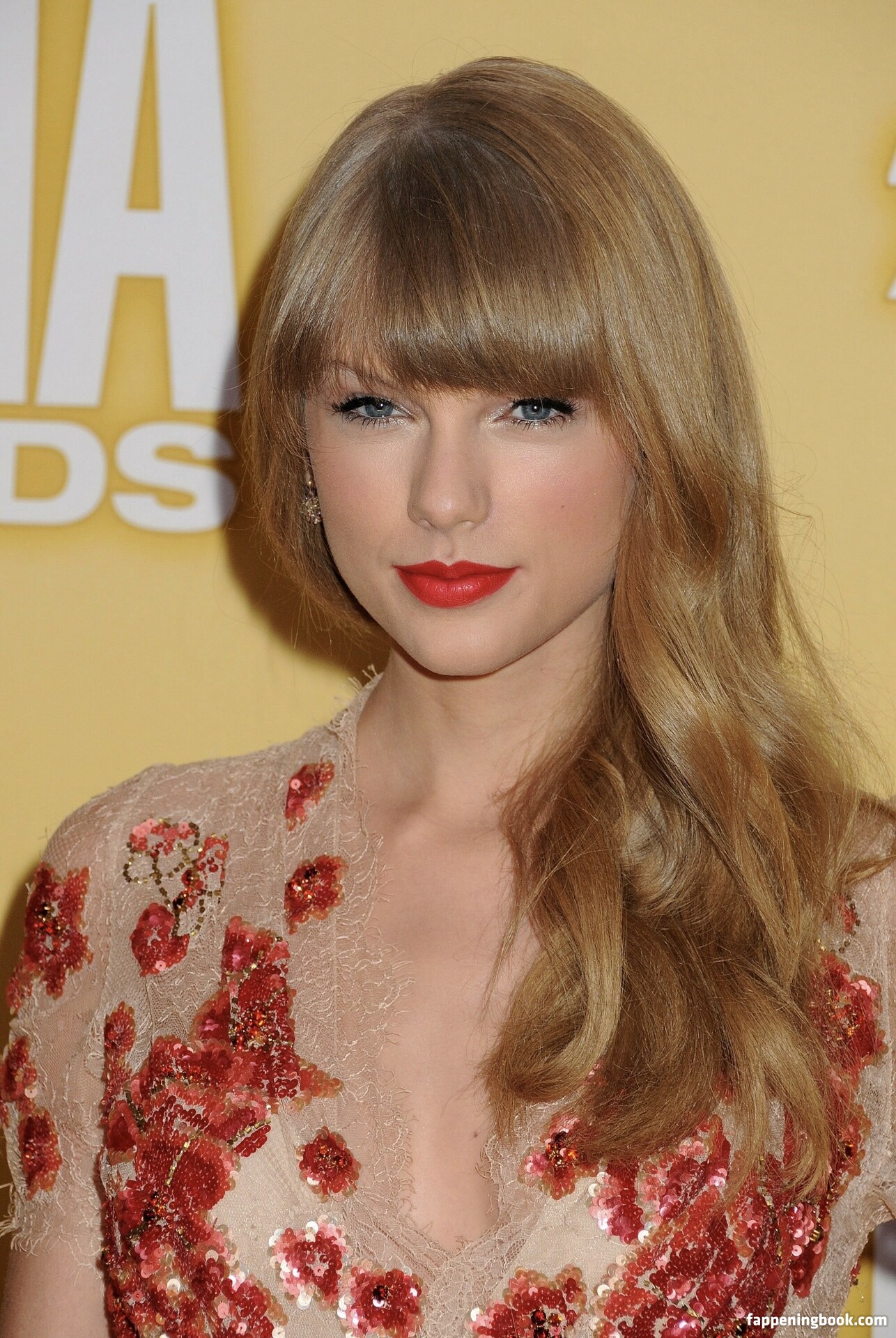Taylor Swift, a global pop icon, found herself at the center of a digital controversy when AI-generated nude images of her went viral on social media. This incident sparked widespread discussions about the ethical implications of AI technology and its potential misuse. The rapid spread of these images not only highlighted the power of social platforms but also raised significant concerns about privacy, consent, and the future of digital content creation.
The controversy surrounding Taylor Swift's AI-generated nude images has brought to light the broader issue of non-consensual deepfakes in pop culture. As technology advances, the line between reality and fabrication becomes increasingly blurred, posing challenges for celebrities and ordinary individuals alike. This situation calls for a deeper examination of how we navigate the ethical landscape of AI and its impact on society.
AI Technology and Its Ethical Boundaries
The recent incident involving AI-generated nude images of Taylor Swift highlights the urgent need to address the ethical boundaries of artificial intelligence. These images, which went viral on X, demonstrate how easily such content can be disseminated without the subject's consent. The sheer volume of views—over 27 million—underscores the scale of the problem and the potential for harm.
While some fans took action by reporting the images, leading to their removal, the speed at which they spread indicates a systemic issue that requires more robust solutions. Social media platforms must implement stricter policies and advanced detection tools to prevent the distribution of non-consensual explicit content. The challenge lies in balancing free expression with the protection of individual rights.
This event serves as a wake-up call for both tech companies and policymakers to collaborate on creating comprehensive regulations that safeguard against the misuse of AI technologies. It is crucial to foster an environment where innovation does not come at the expense of personal privacy and dignity.
Platform Responsibility and Public Awareness
X, formerly known as Twitter, faced scrutiny over its handling of the AI-generated nude images of Taylor Swift. Although the platform eventually removed the images after they were viewed millions of times, questions remain about the adequacy of current measures to combat such incidents. X's commitment to continue to be vigilant is a step in the right direction but may not suffice given the evolving nature of digital threats.
Raising public awareness about the dangers of AI-generated content is equally important. Educating users about recognizing and reporting fake images can empower them to contribute to a safer online community. Platforms should invest in educational campaigns and user-friendly tools that facilitate the identification and removal of harmful content.
Moreover, fostering a culture of respect and responsibility among users can help mitigate the spread of non-consensual material. Encouraging open conversations about the ethical use of technology can lead to greater accountability and understanding within digital spaces.
Celebrity Privacy in the Digital Age
The case of Taylor Swift's AI-generated nude images is not an isolated incident; many celebrities have fallen victim to similar abuses of technology. The prevalence of AI porn raises alarming questions about the adequacy of legal protections and technical safeguards for public figures. Celebrities often face heightened risks due to their visibility and the demand for sensational content.
Addressing this issue requires a multi-faceted approach that includes strengthening existing laws, developing innovative technologies to detect and remove fake content, and promoting digital literacy. Collaboration between governments, tech companies, and advocacy groups is essential to create effective strategies that protect individuals from exploitation.
In the meantime, celebrities like Taylor Swift continue to inspire their fans through their art and resilience. Their experiences highlight the importance of advocating for stronger privacy rights and ensuring that technological advancements benefit everyone equitably.
Creative Expression and Fan Engagement
Despite the negative attention garnered by AI-generated nude images, there are positive aspects of fan engagement with celebrity personas. Platforms like DeviantArt showcase fan-created artwork inspired by Taylor Swift, reflecting admiration and creativity rather than exploitation. Such expressions celebrate the artist's work and build a sense of community among fans.
Encouraging constructive forms of fan interaction can help counterbalance the harmful effects of AI misuse. By supporting authentic artistic endeavors, fans contribute positively to the cultural landscape while respecting the boundaries of the celebrities they admire.
In conclusion, the controversy surrounding Taylor Swift's AI-generated images underscores the pressing need for ethical considerations in AI development and usage. By promoting responsible practices and enhancing protective measures, we can ensure that technology enhances rather than undermines human dignity and creativity.

